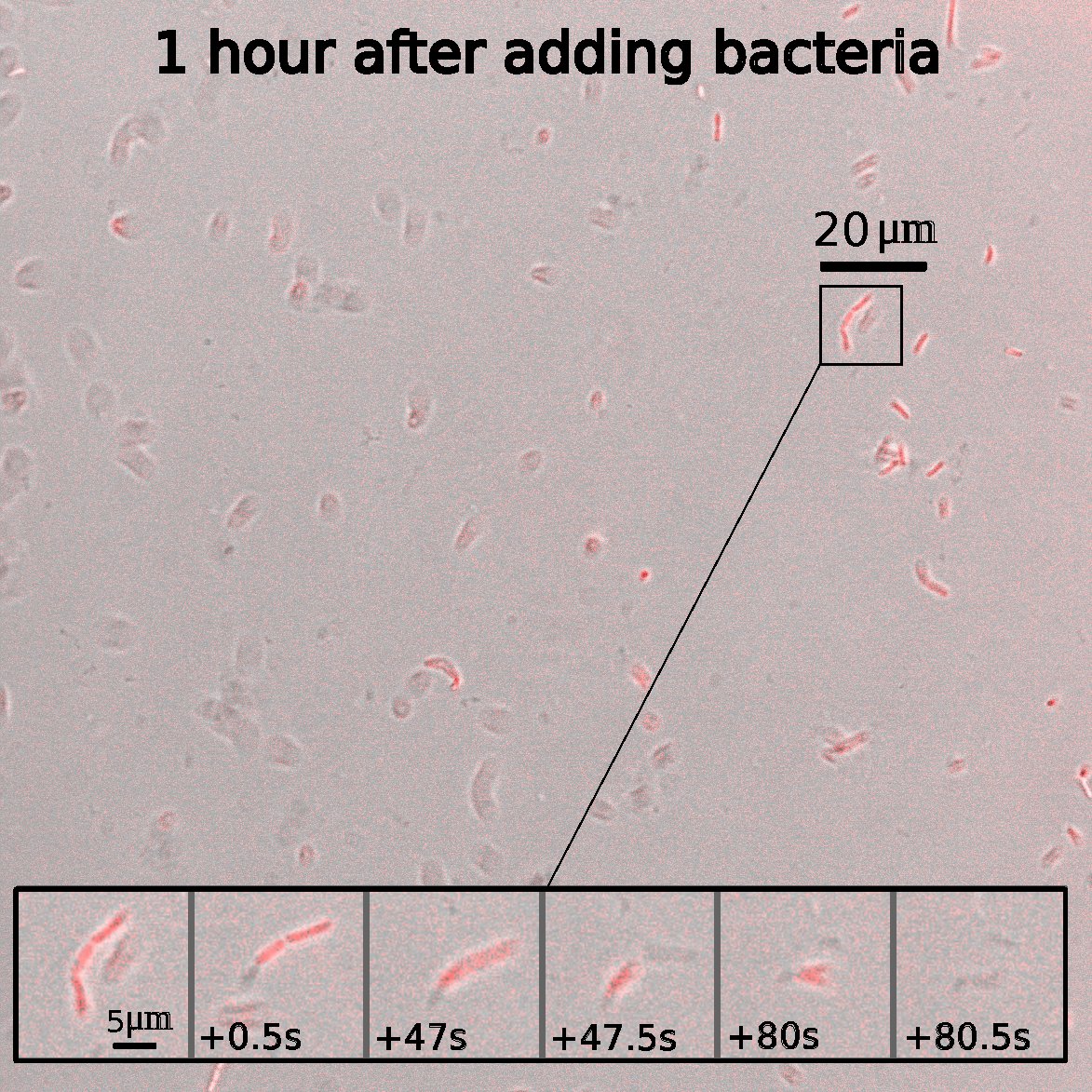How can we help you?
Please get in contact with us to find out more about ECFP and whether we can help you.
Since the discovery of the first antibacterial substance in 1928, antibiotics have been used worldwide to treat bacterial infections, both in humans and, pre-emptively, in feed to protect livestock. Wide-spread use of antibiotic chemicals has led to the evolution of resistant strains of bacteria. In the search for alternatives, researchers are exploring the use of bacteriophages – viruses that can selectively attack and destroy certain types of harmful bacteria.
Fixed Phage is a start-up company developing novel immobilisation technologies to fix bacteriophages onto surfaces used in a variety of applications including food packaging materials, animal feed and household materials to destroy specific bacteria. In addition to protecting health, this technology has the potential to improve food security by delaying the onset of spoilage.

While the company’s proof of concept studies had shown that surfaces with phages on them kill bacteria, little was known about the process by which phages fixed to the internal surface of packaging can infect bacteria within a product.
Dr Teun Vissers and Dr Aidan Brown, researchers associated with ECFP, use techniques for imaging, tracking and characterising the behaviour of bacteria. With funding from a Scottish Funding Council’s Innovation Voucher, the company and ECFP collaborated to test whether these techniques could be applied to study the response of bacteria to phage on treated films. The results excited both partners, providing valuable insight into infection pathways and leading to further work motivated by both commercial and academic interests.

Please get in contact with us to find out more about ECFP and whether we can help you.

Case Study – Aqualution Systems Ltd
ECFP delivers fundamental product insight enabling improved formulation and processing for a more sustainable future.